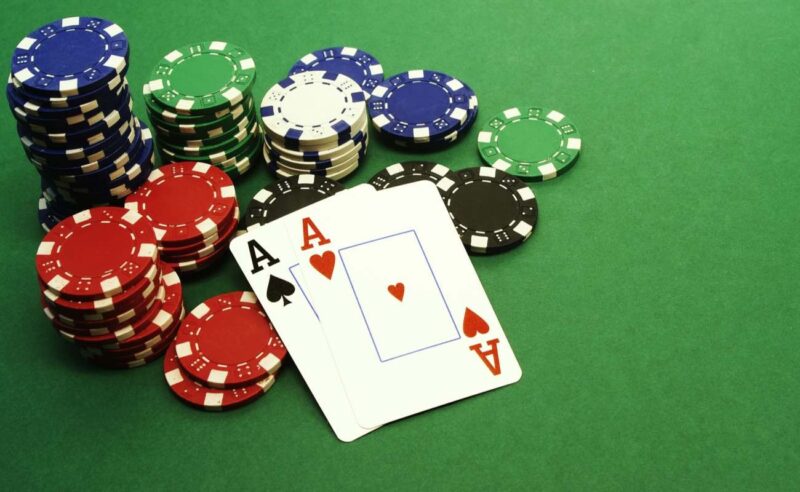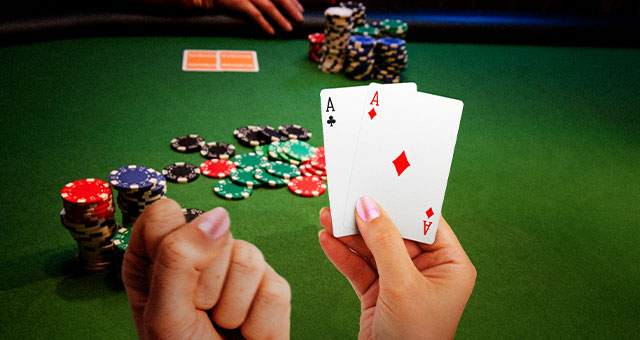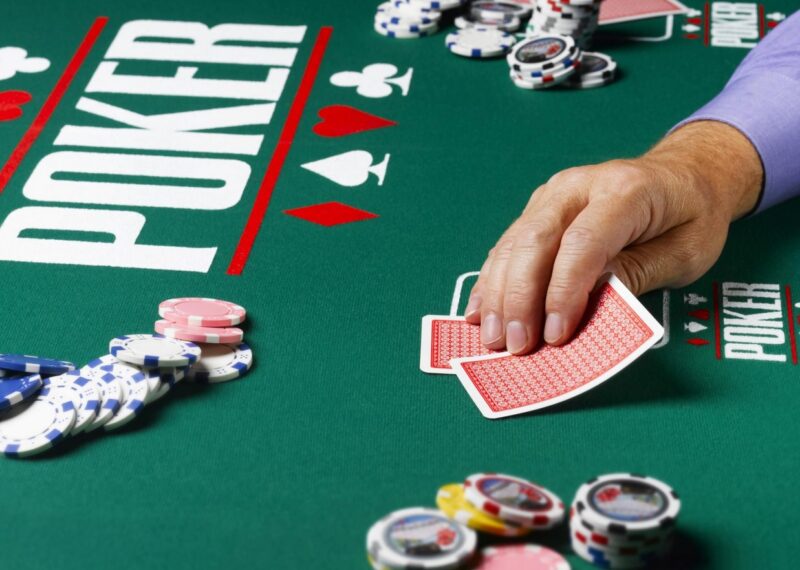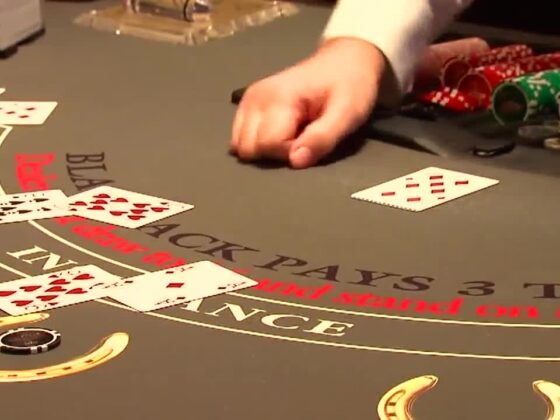In the dimly lit corners of bustling casinos and the quiet concentration of online platforms, poker has long captivated players and spectators alike. But what makes this game so intriguing? Is it mere luck that allows a player to triumph with a well-timed bluff, or is there a deeper strategy rooted in mathematics and probability? As cards are shuffled and bets placed, an intricate dance unfolds—one that intertwines skill with chance in complex ways.
From calculating pot odds to understanding opponent behavior, the mathematics of poker can often feel like an endless maze, challenging even the sharpest minds. Here, we delve into the age-old debate: is poker a game of skill, where expertise and strategy reign supreme, or does chance ultimately determine the outcomes? The answers may surprise you, revealing layers of cunning and calculation that go far beyond the flip of a card.
Understanding the Debate: Skill vs. Chance in Poker

The ongoing debate surrounding skill versus chance in poker is as intricate as the game itself, captivating players and analysts alike. On one hand, proponents of the skill argument point to the strategies employed by experienced players, emphasizing the importance of mathematical aptitude, psychological insight, and decision-making under pressure.
They argue that mastering concepts like pot odds and implied odds can significantly sway the odds in ones favor over time. Conversely, the chance advocates underscore the randomness of the card distribution, insisting that luck plays a pivotal role, especially in the short term.
As hands unfold and the river card is revealed, even the most skilled players can find themselves at the mercy of fate, sparking a fiery discussion about whether poker is ultimately a cerebral battleground or merely a gamble. Intriguingly, this clash of perspectives invites a deeper examination of how luck and skill interplay in shaping outcomes, making poker a rich tapestry of both strategy and serendipity.
The Basics of Poker

Poker is more than just a card game; it’s a fascinating blend of psychology, mathematics, and strategy. At its core, players compete against one another, employing various strategies while navigating the uncertain waters of chance.
Each hand begins with players receiving cards, after which they must assess their hands potential against others, all while considering their opponents possible holdings. The flow of the game shifts dramatically with each round of betting, where decisions can hinge on factors like chip count, table position, and previous actions.
Understanding the odds and probabilities associated with different hands is essential—a players ability to calculate these odds in real time can make the difference between a winning strategy and a costly mistake. Ultimately, poker combines skillful decision-making with the unpredictable nature of chance, creating a dynamic battlefield where both elements continually vie for dominance.
The Role of Chance

Chance permeates the essence of poker, weaving an unpredictable tapestry into each hand dealt. While players meticulously strategize, calculating odds and identifying bluffs, they must reckon with the whims of fate that can dramatically shift the games momentum.
One moment, a well-timed ace can turn a losing hand into a winning one; the next, a series of unfavorable cards can derail the most solid of strategies. This dance between skill and chance is what fuels the allure of poker, drawing in players from all walks of life.
The deck shuffles, and with each card drawn, the potential for triumph or disaster hangs tantalizingly in the air, a reminder that in this high-stakes game, opportunity and randomness are forever entwined.
Conclusion
In conclusion, the debate surrounding whether poker is a game of skill or chance is not only fascinating but also highlights the intricate interplay between mathematical strategies and psychological insights that define the game. While elements of luck undeniably influence outcomes in the short term, seasoned players demonstrate that mastery of probabilities, game theory, and behavioral cues can significantly enhance ones success over time.
As the landscape of poker continues to evolve, platforms like https://spy-casino.com/ provide invaluable resources for both novice and experienced players, emphasizing the critical importance of skill development in this captivating game. Ultimately, recognizing poker as a blend of both skill and chance not only deepens our appreciation of the game but also invites us to engage with its mathematical underpinnings in a more profound way.


